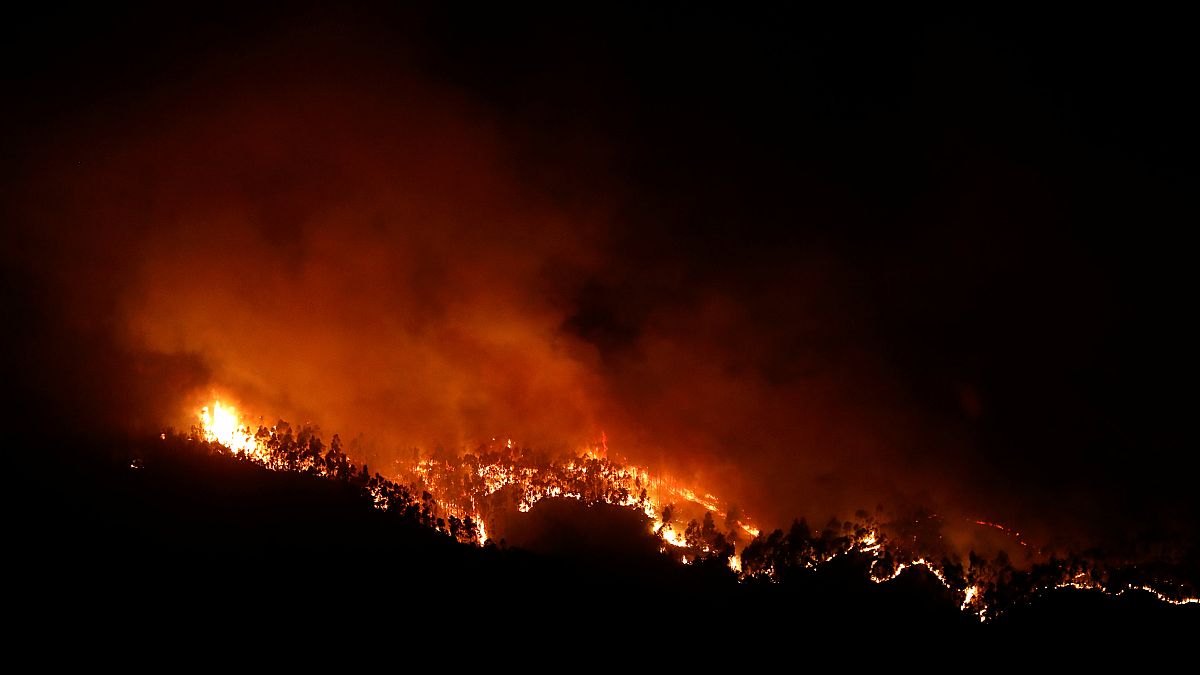A new study shows that Earth is at risk of entering what scientists dub “Hothouse Earth” conditions. In these circumstances, Earth will become uninhabitable.
Earth is at risk of entering uninhabitable conditions, according to a new study released on Monday. Scientists have dubbed the scenario "Hothouse Earth".
The findings, published in Proceedings of the National Academy of Sciences (PNAS), reveal that under these potential "hothouse Earth" conditions, the climate in the long-term will stabilise at a global average of four to five degrees. That's higher than “pre-industrial temperatures” with sea level higher by 10-60 metres than it is today.
Avoiding this scenario requires not only the reduction of carbon dioxide and greenhouse gas emissions into the atmosphere but also enhancement of existing biological carbon stores, warns the Stockholm Resilience Centre, a research institute specialising in sustainable development and environmental issues.
According to the study, several “tipping points,” or natural feedback processes, can lead to abrupt change when a certain threshold is crossed. These include the degrading of the biosphere, permafrost thaw, and loss of Arctic summer sea ice, all possibilities when temperatures rise.
"These tipping elements can potentially act like a row of dominoes. Once one is pushed over, it pushes Earth towards another. It may be very difficult or impossible to stop the whole row of dominoes from tumbling over,” co-author Johan Rockström told Stockholm Resilience Centre.
These dominoes may push the entire Earth system into an unpredictable new mode of operation.
The Paris Agreement, established in 2015, calls for keeping below a two-degree Celsius rise in pre-industrial temperatures by the end of the century to avoid these disastrous consequences.
Euronews spoke with scientist and co-author of the study Doctor Steven Lade.
According to Lade, we should stick well below this two-degree mark.
“Two degrees is right on the border,” he said.
Several tipping points will start to kick in at the two-degree level, according to Lade.
“If we go past two degrees, then we risk triggering a cascade of these tipping points that could push us all the way to the hothouse earth…” Lade said.
He proposed solutions like decarbonising the global economy, protecting stores of carbon that we already have, such as permafrost, and possibly drawing down excessive carbon through biosphere sequestration, or long-term carbon capture and storage.
